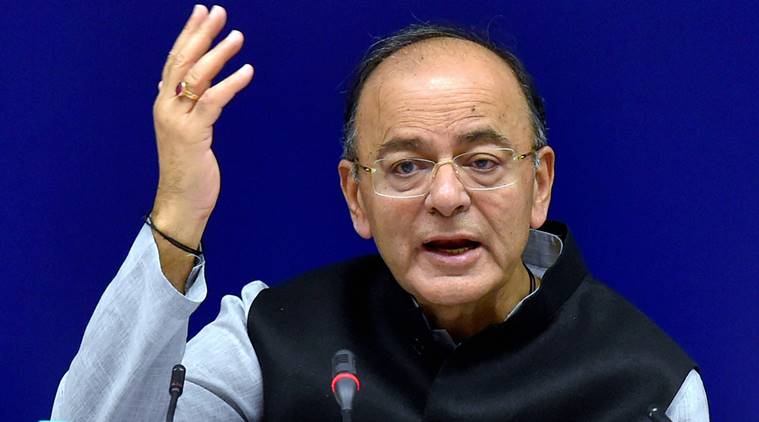E-way bill system rolls out on Budget day; all you need to know A whopping 28.4 lakh e-way bills have been generated by transporters within a fortnight of the beginning of registration. In the 14-day trial period starting January 16, the day when nationwide e-way bill registrations for taxpayers began, 28.4 lakh e-way bills have been generated with 3.4 lakh happening only yesterday. Under the Goods and Services Tax, inter-state transportation of goods beyond 10 km, with a value of Rs 50,000 and above, will mandatorily require .. The e-way bill, key to preventing tax evasion under the goods and services tax (GST), will be rolled out nationwide from Thursday, the day finance minister Arun Jaitley will present the Union Budget 2018, amid persistent concerns in some quarters that its enforcement could trigger fresh economic disruption. must see GST Calculator The GST e-way bill, an electronic documentation tracking the movement of goods, is mandatory for all inter-state movement of goods from 1 February. It is designed to prevent underreporting and evasion of taxes. The e-way bill is a key part of the GST architecture. It was put on hold until after GST, which was implemented from 1 July, stabilized. Over 2.84 million GST e-way bills have been generated in the trial phase so far. “We rolled out the e-way bill system for all states from 17 January. Given the experience so far of the last two weeks, we are optimistic that the rollout will be smooth,” said Prakash Kumar, chief executive officer of the Goods and Services Tax Network (GSTN). GSTN expects that around 700,000-800,000 GST e-way bills will be issued every day across the country, based on rough calculations of the transit permit data issued in the old value-added tax regime. More than 340,000 e-way bills were issued on 30 January alone, Kumar said. So far, more than 670,000 taxpayers and transporters have registered under the e-way bill system. The GST e-way bill will also be mandatory for all movement of goods within a state from 1 June, although at least 13 states are likely to implement it from 1 February. Under the Goods and Services Tax, inter-state transportation of goods beyond 10 km, with a value of Rs 50,000 and above, will mandatorily require e-way bill from February 1. An e-way bill will be valid for a day for a distance less than 100km. For every 100km thereafter, the validity will be an additional day from the relevant date. An e-way bill will have to be cancelled within 24 hours of it being issued. There are also safeguards in place which do not allow a consignment to be held up for more than 30 minutes.Confederation of Indian Industry (CII) has demanded that the validity of GST e-way bills be extended to a minimum of 5 days and more time be given for cancellation. “Implementing e-way bill is a turning point in the transportation business as it will lay the foundation for the success of GST. E-way bill leaves little chance for tax evasion,” said S.P. Singh, senior fellow at transport research body Indian Foundation of Transport Research and Training. “We saw a phenomenal number of e-way bills being generated on January 30. We expect the momentum to continue in the days to come. Taxpayers are not only getting accustomed to e-way bill system but they are also able to avoid a lot of hassles that existed for them earlier,” GST Network CEO Prakash Kumar said.]]>
